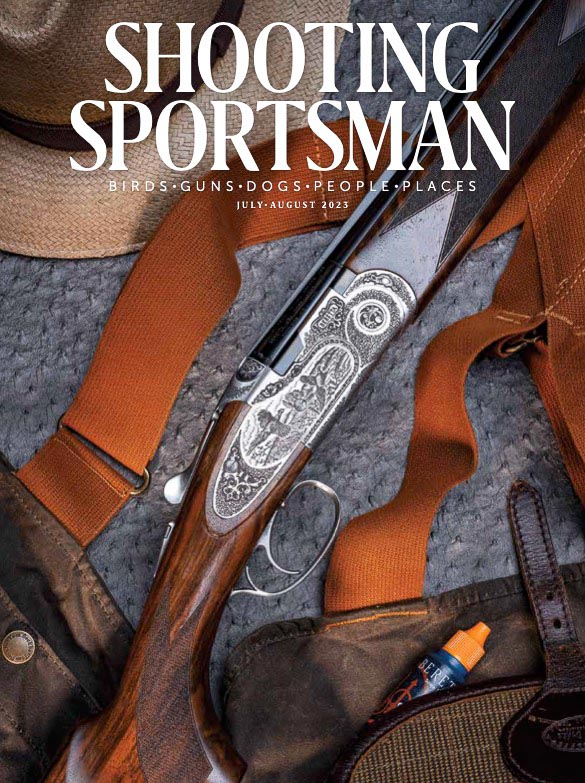Mandatory hunter-certification laws have helped make shooting and hunting among the safest of all sports. That’s why when accidents happen, it’s usually carelessness—not ignorance—that is the cause. Either way, it’s hard to forget the lessons learned by others.
Many years ago I hunted Kansas quail and prairie chickens with two elderly gents who’d grown up in Morton County during the Dust Bowl years. Mel and Ray had hunted together since they were kids. While still in their teens, one day after long hours afield Ray forgot to unload his 12-gauge shotgun before putting it in the vehicle. The gun went off, nearly severing the leg of his partner. At the hospital an ER doctor had to cut Mel’s leather boot away to treat the horrific wound. When I hunted with them, Mel walked with a slight limp. He and Ray talked about the accident as though it had occurred the week before, not a half-century earlier. How could anyone forget a story like that?
I vividly recall another sobering tale that made front-page news in the fall of 1959, my first year waterfowling. A pair of hunting partners—two retired executives of General Motors—were duck hunting one day in the Ontario waters of Lake St. Clair. An accident ensued, and the former GM president killed his friend. I can still see the headlines.
Whether in the field or at the range, such human error doesn’t need to happen. It shouldn’t happen. No matter how many times you’ve heard the rangemaster, the hunting guide or the preserve manager preach safety, it’s worth hearing again.
But have you considered how years of personally being safe afield could one day be compromised? For example, older bird hunters may realize their walking cadence has changed and that they are no longer as steady as they used to be. If that happens, it may be time to load their guns only after the dogs are on point and to unload them if they fall behind younger partners who outpace them. Also, those who no longer see or hear as well should honestly assess how safe they are to themselves and others.
Thankfully, injuries and deaths from hunting with firearms are trending lower. Wisconsin, which leads the nation in hunting-license sales, saw only eight injuries and one fatality in 2022. Pennsylvania, which ranks second in license sales, experienced nine injuries and one death in 2021. Michigan, which ranks third, reported nine injuries and no deaths last year.
That’s really good news, but one injury or one death is still one too many.
Buy This Issue!

Read our Newsletter
Stay connected to the best of wingshooting & fine guns with additional free content, special offers and promotions.




